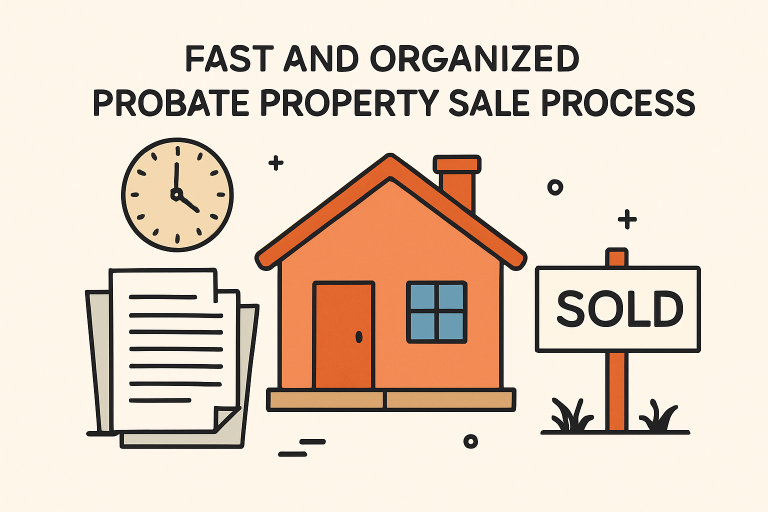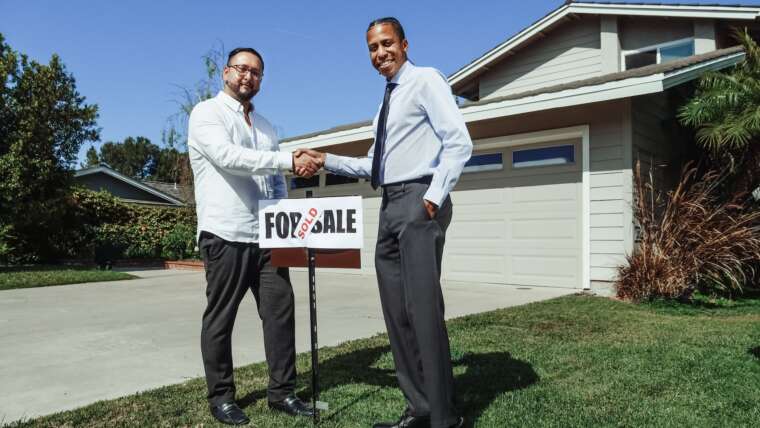Dealing with estate settlement can be overwhelming, particularly when probate ties up property. Many heirs experience long delays and expensive legal procedures, increasing stress during a tough period. Knowing your options for selling inherited property swiftly and smoothly can greatly ease this burden.
By choosing the right approach, you can secure an easy sale that bypasses traditional hurdles and accelerates the transaction process. This streamlined method promptly ensures you receive a fair offer, freeing you from prolonged uncertainty. Ultimately, a well-managed property sale during probate helps bring peace of mind while maximizing the value of your inherited asset.
Table of Contents
Understanding Probate and Its Challenges
Navigating the legal process after a loved one passes away can often feel overwhelming, especially when it comes to managing their estate. This procedure involves validating the deceased’s will, settling debts, and distributing assets to heirs. The complexity increases with factors like unclear wills, disputes among beneficiaries, or significant debts, making the process time-consuming and emotionally draining for families.
Many people seek solutions that simplify this journey, such as a fast offer on inherited properties, which can expedite settling the estate. By quickly converting assets to cash, families can avoid lengthy delays and reduce the stress associated with probate. This approach provides a practical way to move forward without getting bogged down in legal hurdles or financial uncertainty.

Steps to Expedite the Probate Process
1. Gather Essential Documents
Gather essential documents like the death certificate, property deed, mortgage papers, will, trust agreements, and financial statements. Having these ready helps the executor start smoothly and minimizes delays.
2. Settle Outstanding Debts
Identify and resolve estate debts like mortgages, taxes, or liens quickly. Unresolved debts can halt probate and deter buyers. Transparency about encumbrances builds trust.
3. Maintain the Property
A well-maintained property attracts higher offers. Routine upkeep—lawn care, minor repairs, inspections—preserves value and prevents deterioration, keeping the home market-ready during probate.
Benefits of Selling to Cash Buyers
Cash buyers bypass many traditional real estate hurdles by purchasing properties as-is, avoiding repairs, appraisals, or mortgage approvals. This simplifies the process and reduces the risk of sales falling through. It’s especially beneficial in probate cases, where heirs may be unprepared for the costs or time needed to prepare a property for sale.
- Speed: Sales close in a week, letting heirs get funds faster and move through probate efficiently.
- Convenience: No showings, open houses, or staging—just a straightforward transaction.
- Simplicity: Cash buyers often manage paperwork, guide sellers step-by-step, and provide certainty during uncertain times.
Legal Considerations and Court Approval
Most probate property sales require court approval, ensuring fairness and adherence to the deceased’s wishes. Procedures vary by jurisdiction but generally include notifying heirs, listing the property, and submitting the purchase agreement to the court. Working with probate attorneys or specialized real estate agents helps heirs avoid mistakes, meet deadlines, prepare filings, and respond to legal queries, easing stress and speeding up the process.


